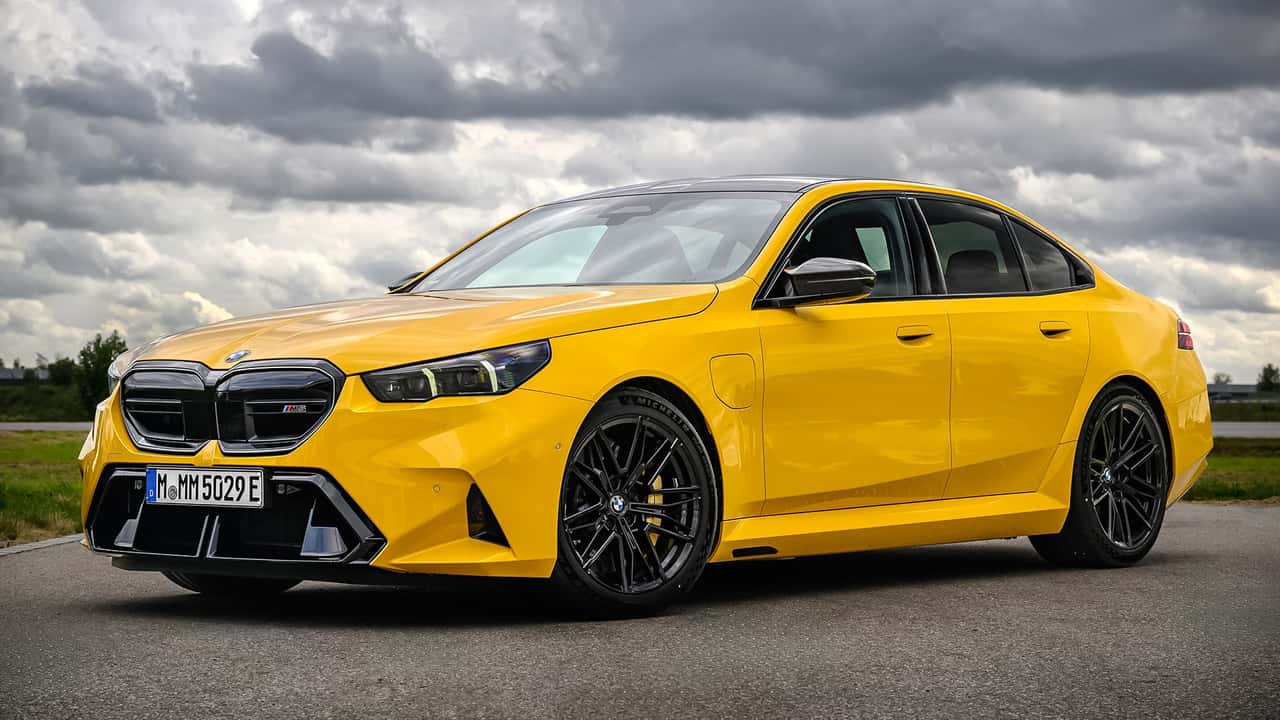BMW M5: Weight Controversy and Lessons Learned
The Weighty Issue
The new M5 has faced criticism for its heavy weight compared to its predecessor. The addition of an electric motor to create a plug-in hybrid version has added extra pounds, but this decision was made to meet emissions regulations. However, BMW realizes that revealing weight figures too early drew unnecessary attention and will not disclose such details for future electrified performance cars until closer to launch.
Lessons Learned
BMW's M boss, Frank van Meel, admits underestimating how much social media users focus on weight. However, he reports that the negative reactions have begun to change as more people experience the new M5 firsthand. The car's popularity is soaring, with increasing orders and production adjustments to meet demand.
Weighing In on the Debate
While criticisms of the M5's weight annoyed van Meel, he defends the decision to create a plug-in hybrid model, citing the passion and conscious choice involved. The car's weight should not be the sole basis for judgment, as it was designed to minimize the perception of its weight during driving.
Looking Ahead
BMW considered various options, including a fully electric variant, but found that a PHEV setup struck the best balance for sustained performance and desired driving range. The weight issue is not unique to the M5, as competitors from Audi and Mercedes-Benz are likely to face the same challenges as they strive to meet emissions regulations while maintaining powerful engines.
